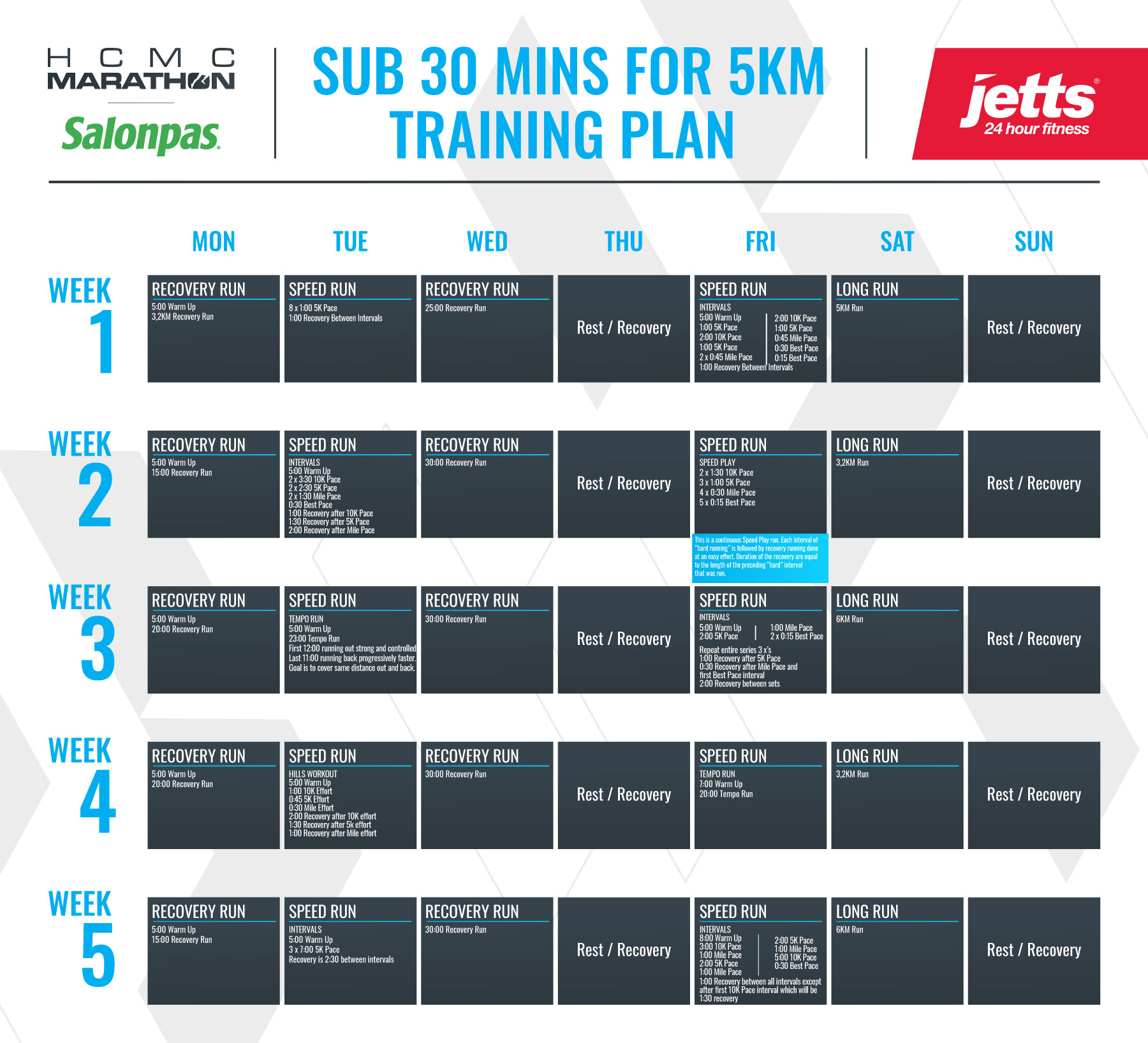Improve Marathon Time by 30 Minutes
To improve your marathon time by 30 minutes, focus on proper training, pacing, nutrition, and rest. Training should include a combination of speed work, long runs, and recovery days.
Ensure you are gradually increasing mileage and incorporating interval training to build endurance and speed. Pacing yourself correctly during the race is vital to avoid burning out too early. Fueling your body with a balanced diet and hydrating adequately before, during, and after the marathon is crucial for optimal performance.
Lastly, prioritize quality sleep and rest to aid in recovery and reduce the risk of injury.

Credit: lauranorrisrunning.com
Setting Realistic Goals
Setting Realistic Goals is crucial in marathon training. By breaking down your objectives, you can focus on continuous progress.
Evaluating Current Performance
Assess your current marathon time and performance to identify areas that need improvement.
Identifying Areas For Improvement
Pinpoint weak spots, such as endurance or speed, to tailor your training regimen effectively.
Training Schedule And Plan
When it comes to improving your marathon time, having a well-structured training schedule and plan is crucial. A well-designed plan will help you build strength, endurance, and speed, and ultimately shave off those precious minutes from your finish time. In this blog post, we will discuss some key components of an effective training schedule and plan, including balancing different types of runs and incorporating strength and flexibility training.
Balancing Different Types Of Runs
To improve your marathon time, it is important to incorporate a variety of runs into your training schedule. This means balancing different types of runs to work different muscle groups and develop different aspects of your running performance.
Here’s a breakdown of the different types of runs that you should include in your training schedule:
- Long Runs: These are the cornerstone of marathon training. Long runs help you build endurance and mental toughness. Aim to gradually increase the distance of your long runs each week.
- Speed Workouts: These workouts focus on improving your running speed. They typically involve intervals of running at a faster pace than your marathon goal pace, followed by periods of active recovery. Incorporate tempo runs, fartlek runs, and track workouts into your training.
- Easy Runs: These runs are essential for recovery and building your aerobic base. Maintain a comfortable, conversational pace during these runs.
- Hill Training: Running uphill helps strengthen your leg muscles and improves your overall running economy. Incorporate hill repeats or find routes with varied elevation to add challenge to your training.
Incorporating Strength And Flexibility Training
Strength and flexibility training are often overlooked but are essential for both injury prevention and improving running performance. Here are some key points to keep in mind:
- Strength Training: Include exercises that target the major muscle groups used in running, such as squats, lunges, planks, and core exercises. Aim to train two to three times a week, gradually increasing the intensity and resistance.
- Flexibility Training: Flexibility exercises help improve your range of motion and reduce the risk of injury. Incorporate static stretches after your runs and consider adding yoga or Pilates sessions to your training schedule.
- Rest and Recovery: Remember that rest and recovery are just as important as training. Allow your body time to recover between intense workouts and include rest days in your schedule. Listen to your body and adjust your training plan accordingly.
By balancing different types of runs and incorporating strength and flexibility training into your schedule, you’ll be well on your way to improving your marathon time by 30 minutes. Stay consistent, stay motivated, and remember that every step brings you closer to your goal. Good luck!
Nutrition And Hydration
Looking to shave off 30 minutes from your marathon time? Proper nutrition and hydration play a crucial role. Fuel your body with the right balance of carbohydrates, proteins, and fats. Stay hydrated throughout the race to maintain peak performance and avoid hitting the dreaded “wall.
“
Fueling For Training Runs
To improve your marathon time by 30 minutes, nutrition and hydration play a crucial role in supporting your training runs. Fueling properly before, during, and after your runs can enhance your performance and help you reach your goals.
For optimal energy during your training runs, it’s important to focus on:
- Eating a well-balanced meal 2-3 hours before your run, containing carbohydrates, proteins, and healthy fats.
- Carbohydrates provide the necessary energy for endurance activities, so include foods like whole grains, fruits, and vegetables.
- Proteins help repair and build muscles, so opt for lean sources like chicken, fish, beans, or tofu.
- Healthy fats such as avocado or nuts can provide sustained energy.
- Having a small snack consisting of carbohydrate-rich foods 30 minutes to 1 hour before your run can top up your glycogen stores and provide an immediate energy boost.
- Reach for options like a banana, energy bar, or a slice of toast with nut butter.
- Staying adequately hydrated before, during, and after your runs is key to maintaining performance and preventing dehydration.
- Drink water regularly throughout the day and consume extra fluids before, during, and after your runs.
- Consider sports drinks or electrolyte-rich beverages for longer runs or when training in hot weather to replenish electrolytes lost through sweat.
Optimizing Pre-race Nutrition
Before the big marathon day, your pre-race nutrition strategy becomes essential to have a successful performance. Here are some key tips to optimize your pre-race nutrition:
- Avoid experimenting with new foods or drinks immediately before the race to prevent digestive issues.
- Stock up on carbohydrates in the days leading up to the race, as they are the primary fuel source for endurance activities.
- Include whole grain pasta, rice, bread, and plenty of fruits and vegetables in your meals.
- Aim for 4-5 grams of carbohydrates per pound of body weight per day.
- Maintain a balance with your protein intake, as it aids in recovery and muscle repair.
- Include lean proteins like chicken, fish, eggs, or plant-based sources like tofu or legumes in your meals.
- Stay hydrated in the days leading up to the race by sipping water regularly and avoiding excessive caffeine or alcohol consumption.
- Eat a light and easily digestible meal 2-3 hours before the race start time, focusing on carbohydrates to top up your glycogen stores without overloading your stomach.
- Consider options like oatmeal, toast with honey, or a banana.
By following these nutrition and hydration strategies, you can fuel your body effectively during training runs and optimize your pre-race nutrition to improve your marathon time by 30 minutes.
Recovery And Rest
Recovery and Rest are vital components in improving your marathon time by 30 minutes. Understanding Rest Days and Incorporating Active Recovery are key strategies to optimize your performance.
Understanding Rest Days
Rest days are crucial for allowing your body to repair and strengthen muscles. On these days, avoid strenuous exercise and focus on gentle activities like walking or yoga.
Incorporating Active Recovery
Active recovery involves engaging in low-intensity exercises to enhance blood flow and promote muscle recovery. Activities such as swimming or cycling can be beneficial on rest days.
Mental Preparation
Mental preparation can make a significant difference when it comes to improving your marathon time by 30 minutes. The mental aspect of running is just as crucial as the physical one. Visualizing success, managing race day stress, and developing mental toughness can all contribute to achieving your time goal.
Visualizing Success
Visualizing yourself crossing the finish line with your desired time can be a powerful tool. Create a mental image of the race course, envisioning yourself running strong and maintaining a steady pace. Picture overcoming any obstacles and pushing through fatigue. By mentally rehearsing success, you can build confidence and reduce anxiety.
Managing Race Day Stress
Race day can bring about a mix of emotions, including nerves and excitement. It’s essential to implement strategies to manage stress on the big day. Practice deep breathing exercises and positive affirmations to stay calm and focused. Additionally, establish a pre-race routine to help keep anxiety at bay. Visualize the race unfolding smoothly and remind yourself of your training and preparation.

Credit: www.researchgate.net
:max_bytes(150000):strip_icc()/Dotdash-VWFit-what-is-a-good-time-for-running-a-half-marathon-2910898-v12-2005052e84014d4aad9ade7c84c51a88.jpg)
Credit: www.verywellfit.com
Frequently Asked Questions On Improve Marathon Time By 30 Minutes
How Do I Shave An Hour Off My Marathon Time?
To shave an hour off your marathon time, focus on consistent training, proper nutrition, and strategic pacing. Incorporate speed work, hill repeats, and long runs in your training plan. Stay mentally strong and adopt a positive mindset to push through challenges.
How Can I Speed Up My Marathon Time?
To speed up your marathon time, try these tips: 1. Incorporate interval training and speed workouts into your training routine. 2. Focus on building your endurance through long runs. 3. Pay attention to your nutrition and hydration, ensuring you fuel your body properly.
4. Practice proper form and technique to optimize your running efficiency. 5. Set realistic goals and track your progress to stay motivated and committed.
How Do I Train For A 3 Hour 30 Minute Marathon?
To train for a 3 hour 30 minute marathon, follow these steps: 1. Gradually increase your mileage and long runs. 2. Incorporate speedwork, like intervals and tempo runs, into your training. 3. Ensure proper rest and recovery to prevent injuries.
4. Fuel your body with a balanced diet and hydrate well. 5. Have a race day strategy and visualize success.
Conclusion
Achieving a 30-minute improvement in your marathon time is within reach with consistent training and focus. By implementing the right strategies and staying dedicated, you can reach your goals. Stay motivated, listen to your body, and trust the process to see the results you desire.
Keep pushing towards your marathon time goal!





